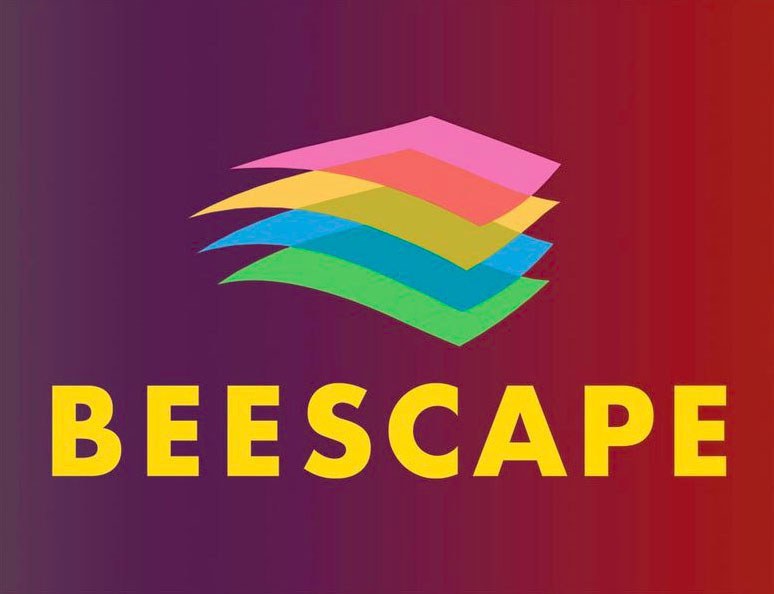Posted: June 1, 2020
This is another entry in our monthly updates from us here at Beescape! As always, we will use this email list to share Beescape updates, interesting study results, and other relevant information related to Beescape and associated projects!

BEESCAPE logo
Greetings from the Beescape Team!
This month, we have one of our most exciting announcements to date: The Beescape interactive pesticide/floral resource/nesting maps are now available nation-wide!! You can now obtain habitat quality metrics for anywhere in the continental United States from the Atlantic to the Pacific. This has been the result of a collaboration between the Penn State Center for Pollinator Research and our partners at University of Minnesota, Dickinson College and USDA-ARS. We hope you will continue sharing the Beescape platform with beekeepers and insect conservationists in your social/professional networks - word-of-mouth is one of the most powerful tools we have for increasing the user-base of Beescape which helps us leverage additional improvements. Stay tuned, of course, for more updates over the coming months!
A couple additional items folks may be interested in: first, Penn State Extension will be offering a series of eight FREE webinars on bees! These will span a variety of topics from apiary management to wild bee habitat needs and gardening. The webinars begin NEXT Wednesday (June 3rd; 3pm Eastern) and are weekly thereafter until July 22nd. Although they are 100% free, you DO need to pre-register (it only takes a minute) -- sign up for lots of very interesting information! Second, Dr. Christina Grozinger presented a very interesting talk to the Penn State Alumni Association about Beescape and other projects. The talk is very easily-digestible by folks of all backgrounds (not too technical at all)!
Finally, please remember to fill out your Fall/Spring survival survey from 2019/2020 if you have not already done so! By contributing fall (and spring) survival data through Beescape, the Beescape Team can better predict the landscape factors (including weather and climate) associated with metrics of bee health like overwinter survival and nectar flows! We need BOTH Fall and Spring surveys for each apiary to make use of the data -- one without the other cannot be added to our models. We are excited to use your data to make better tools (like our new Bee Winter Wise tool) to predict honey bee health dynamics!
As always, feel free to contact us at beescapepsu@gmail.com with any questions, comments or concerns -- including assistance with filling out your Beescape surveys. We always love hearing from you.
Sincerely,
The Beescape Team

